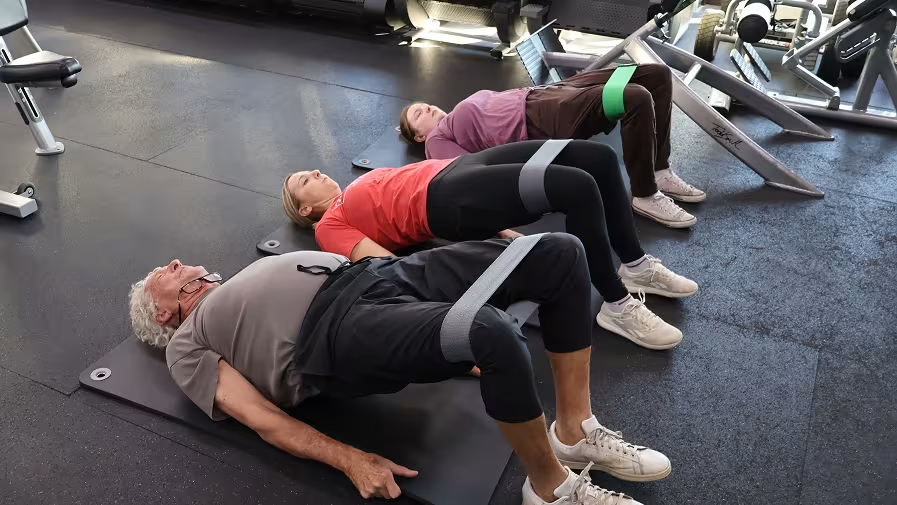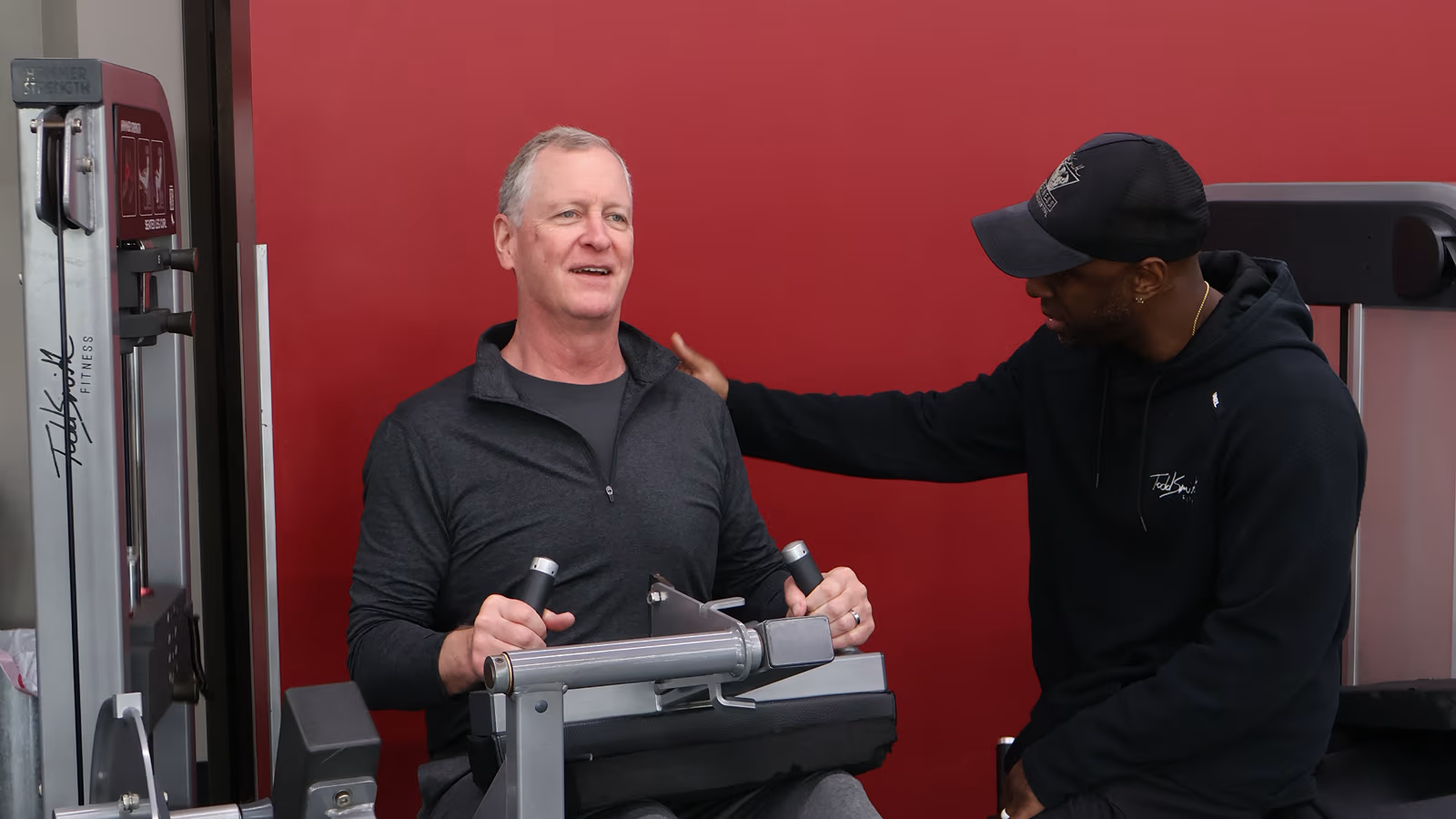Let’s be honest—have you ever felt guilty for not walking 10,000 steps a day? Or maybe you’ve stressed because you didn’t get the “ideal” 8 hours of sleep, or only made it to the gym twice this week instead of five times?
If so, you’re not alone. And more importantly—you’re not doing anything wrong.
The Problem With Fitness “Rules”
There’s a lot of well-meaning health advice floating around. You’ve probably heard these before:
- Walk 10,000 steps a day.
- Drink 8 glasses of water.
- Get 8 hours of sleep.
- Train at least 90 minutes a day.
But here’s what most people don’t realize: These numbers are not universal. They were never meant to apply to everyone.
Let’s break a few of them down.
The 10,000 Steps Myth
The 10k step rule didn’t come from science—it came from a marketing campaign in 1965 for a Japanese pedometer. The number “10,000” was chosen because it was catchy, not because it was medically significant.
Can walking more be beneficial? Of course. But for some people, two 20-30 minute cardio sessions a week. At a slightly higher heart rate and a couple of strength workouts might be far more effective—and sustainable—than chasing a random step count everyday.
8 Glasses of Water
This one sounds nice and simple: drink eight 8-ounce glasses of water a day. But here’s the problem—your water needs depend on your size, activity level, environment, and diet. Aim for half your weight in ounces to start. Some people may need more water. Others need less. There’s no magic number here.
8 Hours of Sleep
Sleep is critical—but again, it’s personal. Some people function optimally on 6.5 hours. Others need closer to 9. What matters more than the clock is how rested and focused you feel when you wake up.
If you’re waking up energized, recovering well, and functioning throughout your day—that’s a good sign you're sleeping enough for you.
Real Health Is Personal
We love universal rules because they give us structure. But blindly following one-size-fits-all advice can lead to burnout, guilt, or even injury.
Here’s a better approach:
- A busy parent might feel their best training twice a week with short, focused workouts.
- A night-shift nurse might thrive with 6 hours of sleep during the day and mindful movement on days off.
- A desk worker might benefit more from walking breaks than hitting 90 minutes of cardio weekly.
None of these people are doing it “wrong.” They’re just doing what works—for them.
The Takeaway: Personal > Perfect
You don’t need to hit someone else’s numbers to be healthy, strong, or successful.
Instead of chasing perfection, start asking:
- What’s sustainable for me right now?
- What makes me feel good, strong, and clear-headed?
- Am I building habits I can stick with, even during a busy season of life?
You don’t have to “earn” your health by following outdated rules. You just need to build a plan that fits you.








